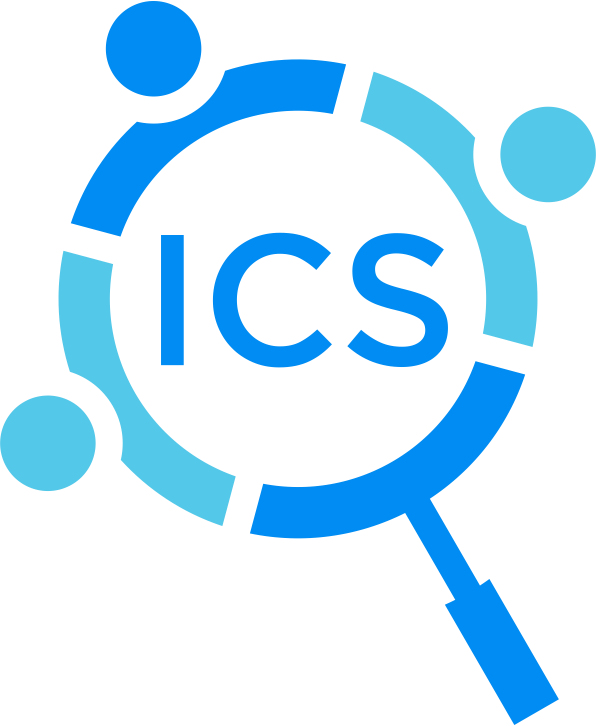IT Staff Augmentation vs. Managed Services: Choosing the Right One for Your Organization
/IT Staff Augmentation vs. Managed Services: Choosing the Right One for Your Organization
When deadlines are tight and expertise is scarce, how do you fill the gaps?
The rise of remote work has unlocked access to a global talent pool, giving businesses more options than ever to meet their IT staffing needs. Two highly effective models—IT staff augmentation and managed services—are two ways to access talent. While these models are sometimes used interchangeably, they serve distinct purposes. Understanding their differences is helpful when it comes to making the right choice for your business.
What is IT Staff Augmentation?
IT staff augmentation allows companies to add skilled professionals to their teams on a temporary basis. This approach is ideal for organizations facing short-term projects, fluctuating workloads, or a skill gap that needs to be addressed quickly.
IT staffing provides flexibility—you can scale your team up or down as your needs change. It’s also a great way to bring in niche expertise without investing in extensive training. However, managing additional, temporary staff requires oversight. These professionals jump straight into your existing workflows, ensuring you maintain full control over the project executions.
What are Managed Services?
Managed services, on the other hand, involve outsourcing entire functions or operations to a third-party provider. The idea is to pay another person or company to completely take that workflow off your hands. With managed IT services, you’re not hiring individual experts to help manage your workload, you’re eliminating processes and shifting the responsibility onto another organization.
However, managed services work best when leadership is comfortable relinquishing some control. You set goals and service-level agreements (SLAs), but you must be able to trust the provider to meet those objectives without interference.
Key Differences: Control and Flexibility
The primary difference between temporary staffing and managed IT service lies in the measure of control and where the responsibility falls. With staff augmentation, the hiring company maintains control over the day-to-day management of the staff and the project itself. Managed services, however, shift that control to the service provider, allowing them to independently handle specific functions according to agreed-upon SLAs.
In terms of flexibility, staff augmentation takes the cake. You can bring in talent for as long as needed—whether it’s a few months or a few years—and scale your workforce quickly. Managed IT services are less flexible since they usually involve longer-term contracts with clearly defined outcomes and deliverables.
When to Choose Staff Augmentation vs Managed Services
IT staffing is perfect for organizations that need:
Specialized skills for a project or temporary engagement.
Scalability to meet fluctuating workloads or project demands.
Direct control over staff and project execution.
Cost-effectiveness by avoiding full-time hires for short-term needs.
Meanwhile, managed support is ideal for those dealing with:
A lack of internal expertise for specific IT operations.
Focus on core business functions by outsourcing day-to-day IT management.
A need for predictable costs through fixed monthly fees.
Value proactive monitoring and continuous service delivery.
Making the Right Choice for Your Organization
Ultimately, the choice between IT staff augmentation and managed IT services depends on your organization’s needs, culture, and long-term goals. If you want to maintain control over specific projects and integrate new talent directly into your team, IT staff augmentation is a smart choice. But if you’re looking for a hands-off solution to manage IT functions more efficiently, managed services might be the better fit.
Some businesses find success by blending both models—using IT staff augmentation for short-term initiatives and outsourced services for ongoing operations. This hybrid approach allows you to leverage the strengths of both models, giving you the flexibility to address immediate needs while maintaining focus on long-term goals.
ICS: Staffing Solutions Made Simple
Choosing between IT staff augmentation and managed support doesn’t have to feel overwhelming. Both models offer their own advantages, and the right choice comes down to what works best for your goals and priorities. Whatever you’re looking for, ICS has you covered. We provide access to the talent and expertise you need to grow and succeed.
Let ICS help you find the perfect fit - because choosing the right staffing solution can make all the difference.



